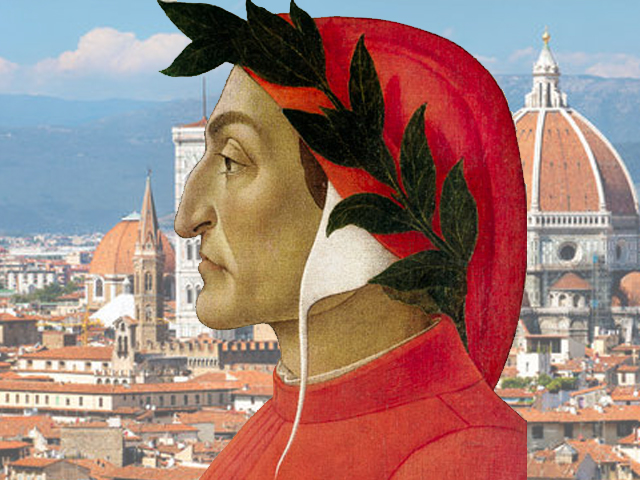
Quest’anno ricorre il 750º anniversario della nascita di Dante Alighieri. Evviva! Buon Compleano Dante! Dopo sette centocinquant’anni tu sei ancora grande come la prima volta che hai pubblicato i tuoi canti e continui ad essere chiamato “il padre della lingua italiana!” Complimenti, sei mitico!!
This year marks the 750th anniversary of the birth of Dante Alighieri. Woo hoo! Happy Birthday, Dante! After seven hundred and fifty years you are still as popular as when you first published your set of cantos and continue to be heralded “the Father of the Italian Language.” Way to go, big guy!!
Se voi siete appassionati della lingua italiana tanto quanto me, anche voi avete un debito di gratitudine verso Dante! Lui è un poeta italiano medievale che nel 1320 ha iniziato la Divina Commedia che è ancora considerata una delle più grandi opera letteraria composta in lingua italiana e un capolavoro della letterature mondiale.
If you love the Italian language as much as I do, then you too owe a debt of gratitude to Dante! He is a medieval Italian poet who in 1320 began the Divine Comedy that is still considered one of the greatest literary works composed in the Italian language and a masterpiece of world literature.
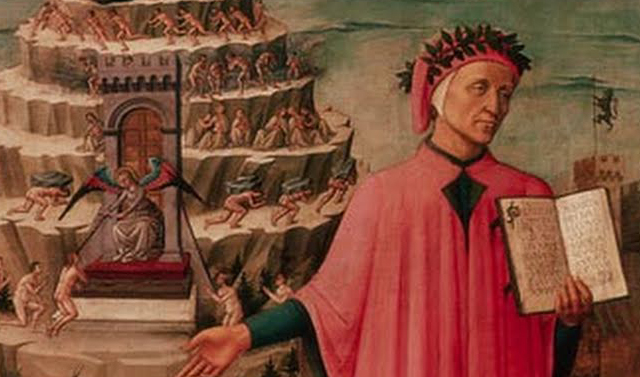
Il poema epico che Dante scrisse contribuito a stabilire il dialetto toscano come lo standard per la lingua italiana. Il poema è diviso in tre parti: Inferno, Purgatorio e Paradiso. Il poema è scritto in prima persona e racconta il viaggio di Dante attraverso i tre regni al di là, che dura dal giovedì sera prima di Venerdì Santa fino al mercoledì dopo la Pasqua, nella primavera del 1300. Io poeta romano Virgilio lo guida attraverso l’inferno e il Purgatorio. Beatrice, la donna ideale di Dante, lo guida attraverso il cielo.
The epic poem that Dante penned helped establish the Tuscan dialect as the standard for the Italian language. The poem is divided into three parts: Inferno, Purgatorio, and Paradiso. The poem is written in the first person and tells of Dante’s journey through the three realms of the dead, lasting from the night before Good Friday to the Wednesday after Easter, in the spring of 1300. The Roman poet Virgil guides him through Hell and Purgatory. Beatrice, Dante’s ideal woman, guides him through Heaven.
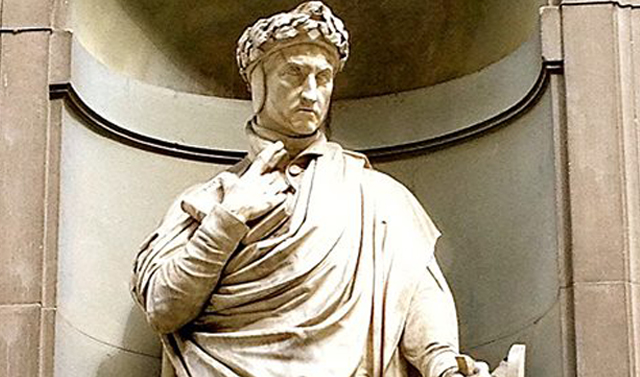
Beatrice era la donna fiorentina che ha ispirato in gran parte il lavoro del poeta. Ecco la loro storia: Dante si innamorò della bella fanciulla quando la vide la prima volta, vestita con un abito cremisi quando lui aveva solo nove anni. Nonostante l’età, cadde perdutamente innamorato della ragazza credendo che fosse nobile, angelica e divina. Quotidianamente lui vagava per le strade di Firenze, nella speranze di vederla, ma purtroppo lei nemmeno gli diede uno sguardo e non gli ho parlato. Comunque il giovane poeta non rinunciò mai alla speranza e continuò ad adorare la bella Beatrice.
Beatrice was the Florentine woman who inspired much of the poet’s work. As the story goes, Dante fell in love with the beautiful maiden when he first saw her dressed in a crimson gown when he was only nine. Despite his young age, he fell head over heels in love with the girl, believing her to be noble, angelic, and divine. Daily he wandered the streets of Florence hoping to catch sight of her, but when he did, sorrowfully she walked right past him, never speaking or casting an encouraging glance in his direction. Yet still, the young poet never gave up hope and continued to pine for the lovely Beatrice.
Ma un giorno finalmente Dante fu premiato. Mentre si trovava all’inizio del Ponte Vecchio, Beatrice, in un abito lungo bianco che svolazzava, finalmente gli rivolse un timido saluto e anche poche parole. La sua attenzione lo riempi’ di cosi’ tanta gioia, che il poeta si ritirò nelle sue stanze, con la testa piena di pensieri riguardanti Beatrice, si addormentò e fece un sogno meraviglioso che sarebbe diventato il soggetto di uno dei più grandi poemi di ogni tempo.
Then at long last Dante was rewarded. As he stood at the foot of the Ponte Vecchio bridge, Beatrice in a long flowing white gown finally spoke a shy greeting and treated him to a few bashful words. Her attention filled him with such joy, that the poet retreated to his rooms his head full of the thought of her and falling asleep, he had a marvelous dream that would become the subject of one of the world’s greatest poems.
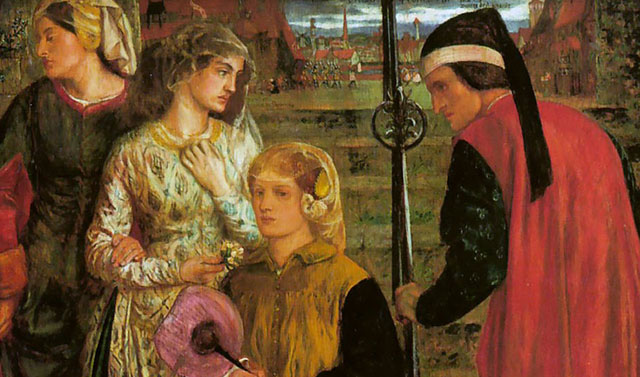
La storia di Dante e Beatrice è una delle storie più famose al mondo di amore non corrisposto. Ma, se proprio volete saperlo, Dante ha sofferto due volte di amore non corrisposto. Più tardi nella sua vita, a causa delle sue idee politiche impopolari, fu bandito da Firenze, la sua amata citta’, e non pote’ mai piu’ tornarci. Vagò per l’Italia, fino ad arrivare a Verona, dove rimase per anni, languendo sempre di desiderio come un’anima perduta per la sua amata Firenze .
The story of Dante and Beatrice is one of the world’s most famous stories of unrequited love. But, if you ask me, Dante suffered twice from unreciprocated love. Later in his life when he was banished from his beloved city of Florence due to his unpopular political activities, he was never allowed to return home again. He wandered aimlessly through Italy, until arriving in Verona where he remained for years, forever a lost soul pining for his beloved Florence.
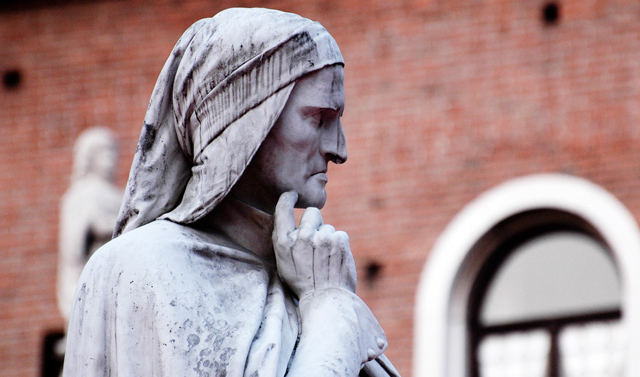
Firenze ha da tanto tempo dimenticato il rancore che aveva per il poeta Dante e ha infatti eretto una statua meravigliosa in Piazza Santa Croce per commemorarlo. Ma, se mai vi capita di passare per la città di Giulietta, vedrete anche li’ una bella statua dedicata a Dante, in bella mostra in Piazza dei Signori.
Florence has long gotten over its grudge with the Divine poet Dante and has in fact erected a marvelous statue to the great man in Piazza Santa Croce. But, if you ever wander over to Verona you will also see a lovely statue dedicated to the statue in the fair city of Juliet, proudly displayed in the Piazza dei Signori.
Grazie ancora Dante per la tua parte nel creare la bella lingua italiana! Io continuerò il mio viaggio d’apprendimento, e ti prometto che ti rendero’ orgoglioso di me!
Thanks again Dante for your part in creating the beautiful Italian language! I will continue on my journey to learn it well, and promise to use it wisely and make you proud!
Dantisms:
Do not be afraid; our fate cannot be taken from us; it is a gift.
The secret of getting things done is to act.
Beauty awakens the soul to act.
From a little spark may burst a flame.
Remember tonight…for it is the beginning of always.
The hottest places in hell are reserved for those who, in times of great moral crisis, maintain their neutrality.
In the middle of the journey of our life, I came to myself within a dark wood where the straight way was lost.
Follow your own star!
Art, as far as it is able, follows nature, as a pupil imitates his master; thus your art must be, as it were, God’s grandchild
and last but not least….
Know who else puts his friends in circles? Dante! (did I just say that! LOL)

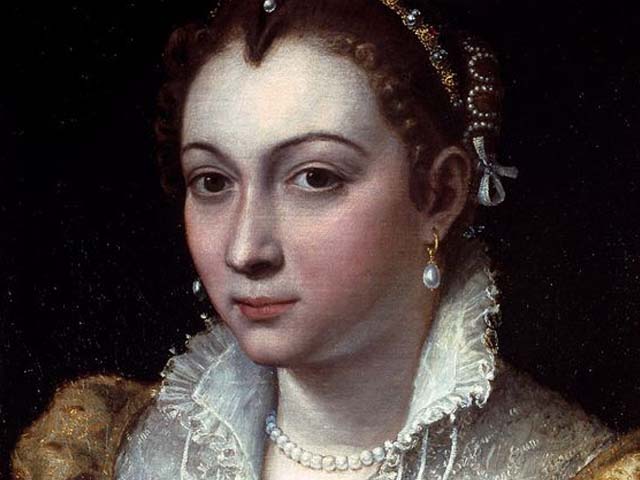
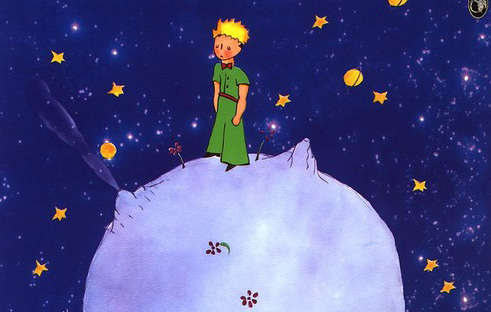
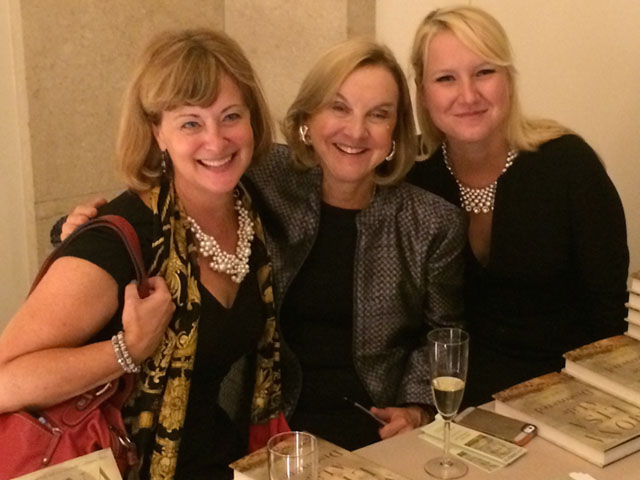
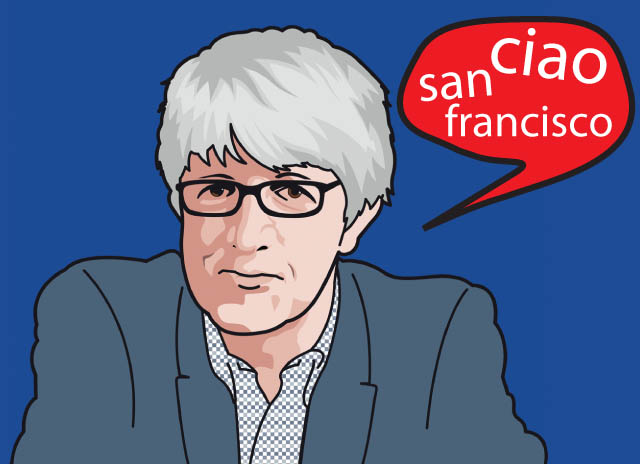
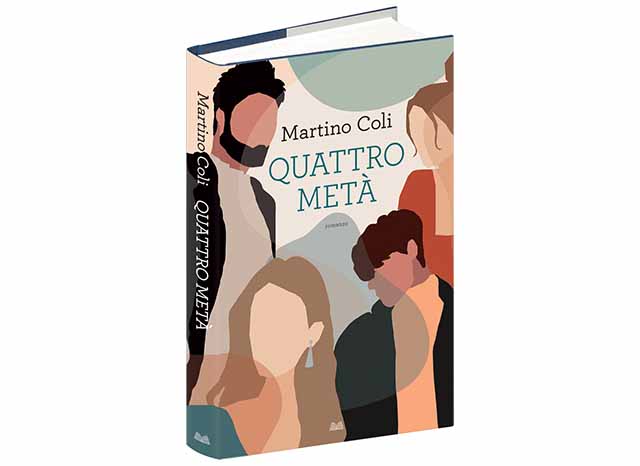





Ah, I wrote about Dante Day a couple of years ago on my blog!!! “Rudolph Valentino’s Favorite Poet Has His Day…Dante Day, March 25, 2021…and a New Connection Is Revealed” I recount how Valentino named Dante as his favorite poet and then continue on: “I studied the Divine Comedy in college and, apparently, so did my parents. I pulled off my bookshelf a copy of the “first annotated edition of the Italian text” which was published in 1909, with subsequent printings in 1911 and 1913. This edition, edited and annotated by C.H. Grandgent, Professor of Romance Languages, Harvard University includes fascinating diagrams to help the reader on the journey. I wish I had this edition in hand when I studied this work!” I posted some of the these diagrams from this book…they are great!
The “connection” is a coincidence related to this day…but more recently, I did actually discover my link to Valentino!